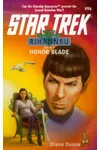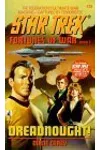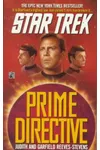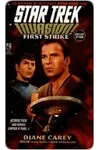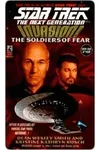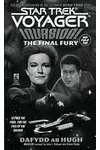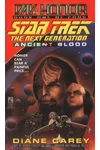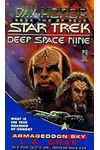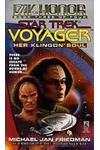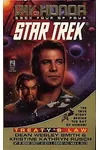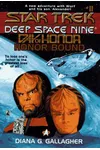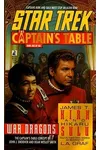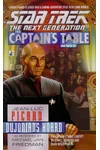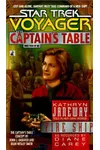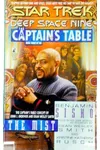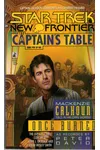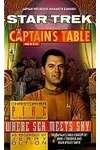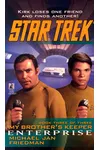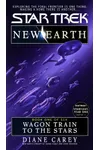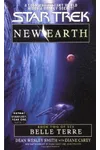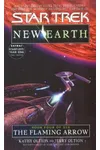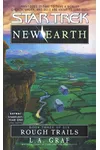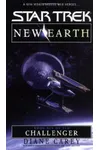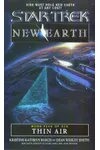Beam aboard the USS Enterprise and explore the galaxy with Star Trek: The Original Series, a legendary science fiction saga that’s been captivating fans for decades! Born from the visionary mind of Gene Roddenberry, this iconic franchise follows Captain James T. Kirk and his diverse crew as they venture into uncharted space, tackling moral dilemmas, alien encounters, and the mysteries of the human spirit. With its blend of adventure, optimism, and social commentary, the book series expands the beloved TV show into thrilling new stories that continue to inspire.
Whether you’re a lifelong Trekkie or a curious newcomer, the novels of Star Trek: The Original Series offer a warp-speed journey through a utopian future where exploration and unity reign supreme. Let’s dive into the origins, stories, and lasting legacy of this stellar series!
How Star Trek: The Original Series Began
In 1966, Gene Roddenberry launched Star Trek on television, pitching it as 'Wagon Train to the Stars,' a space-faring adventure with a hopeful vision of humanity’s future. The show’s success sparked a literary expansion, starting with James Blish’s episode novelizations in 1967. Bantam Books kicked off original novels, followed by Pocket Books in 1979, which became the primary publisher. These books allowed writers to explore new stories beyond the TV budget, delving deeper into the Enterprise crew’s adventures and Roddenberry’s ideals of diversity and humanism.
The Heart of Star Trek: The Original Series
The Star Trek: The Original Series book series boasts over 100 novels, each adding depth to the 23rd-century universe. Standout titles include The Entropy Effect by Vonda N. McIntyre, where Spock travels back in time to save Kirk from a dangerous physicist’s schemes, and Spock’s World by Diane Duane, a deep dive into Vulcan’s history and culture. Yesterday’s Son by A.C. Crispin explores Spock’s unexpected family ties, while The Final Reflection by John M. Ford offers a gripping look at Klingon society.
These novels blend action-packed space exploration with profound themes—cooperation, equality, and the ethical use of technology. Set aboard the USS Enterprise, the stories reflect Roddenberry’s secular humanism, using alien worlds to mirror 1960s social issues like racism, sexism, and war. The series’ optimistic tone and focus on diverse characters, from the logical Spock to the passionate Kirk, create a timeless narrative that celebrates humanity’s potential.
Why Star Trek: The Original Series Resonates
The Star Trek: The Original Series books have left a massive imprint on science fiction and popular culture. With over 85 million copies in print by 2001, they’re among the most successful tie-in novels ever, expanding the franchise’s reach beyond the screen. Fans, known as Trekkies, cherish the books for their rich character development and bold storytelling, while the series’ themes of unity and progress continue to inspire writers, scientists, and dreamers. Its influence is evident in everything from modern sci-fi to real-world tech innovations.
The series’ ability to tackle contemporary issues through a futuristic lens keeps it relevant, encouraging readers to reflect on their own world. Its enduring appeal lies in its hopeful message: no matter the challenge, humanity can boldly go forward together.
- Publication Years: 1967–present
- Number of Books: Over 100 novels
- Key Publishers: Bantam Books (1967–1981), Pocket Books (1979–present)
- Notable Authors: Vonda N. McIntyre, Diane Duane, A.C. Crispin, John M. Ford
Ready to explore strange new worlds? Grab The Entropy Effect or Spock’s World and blast off into the thrilling universe of Star Trek: The Original Series!
